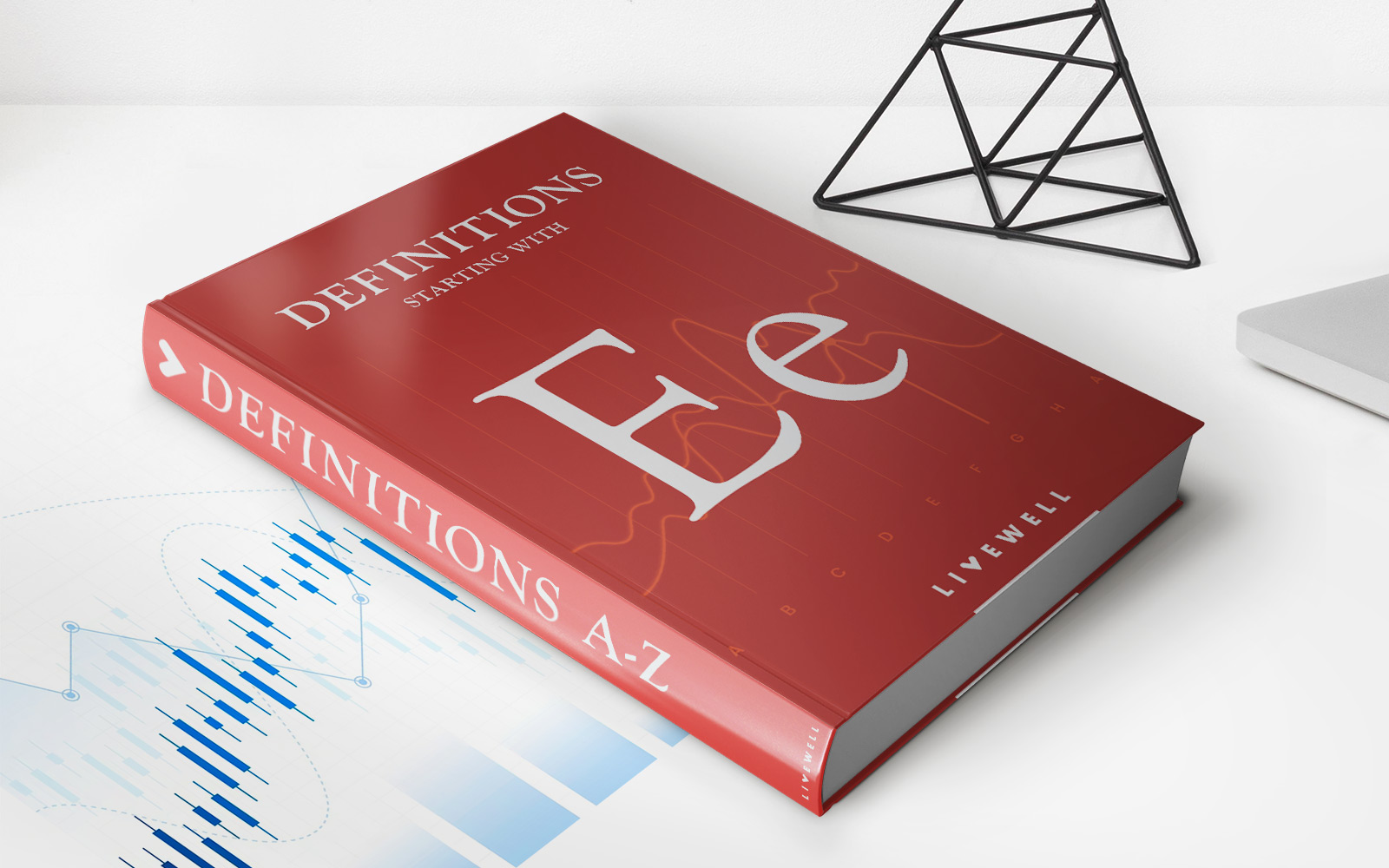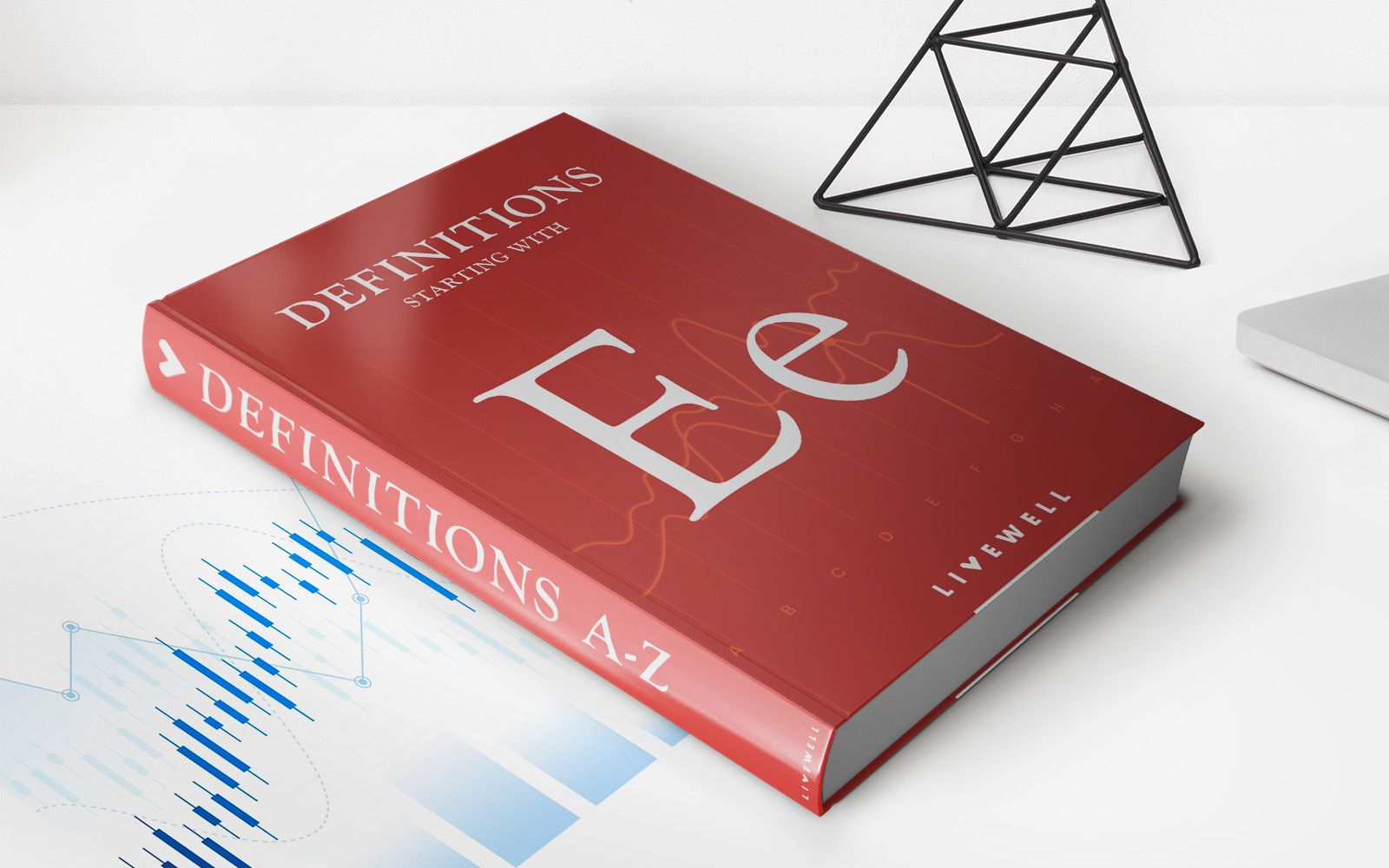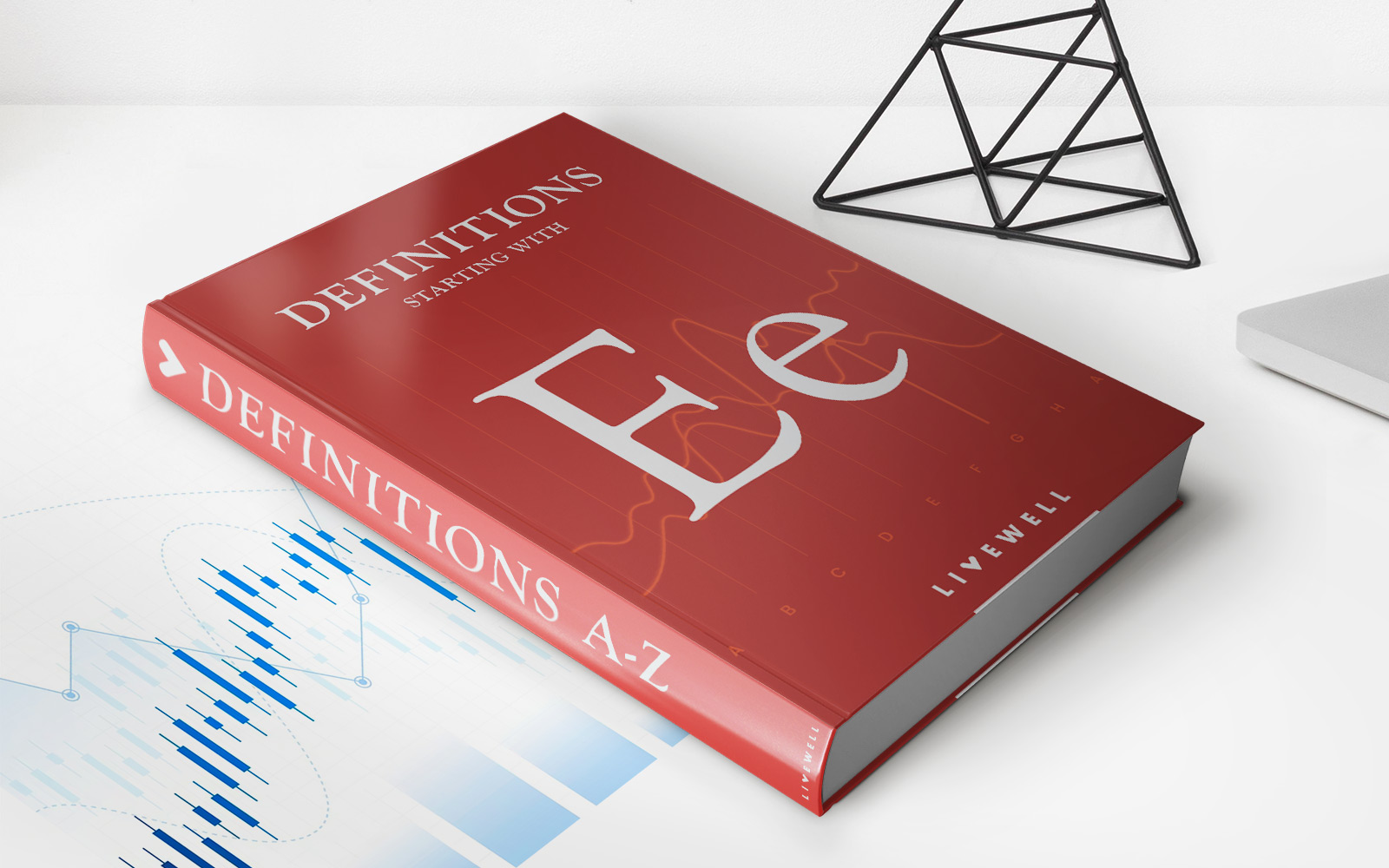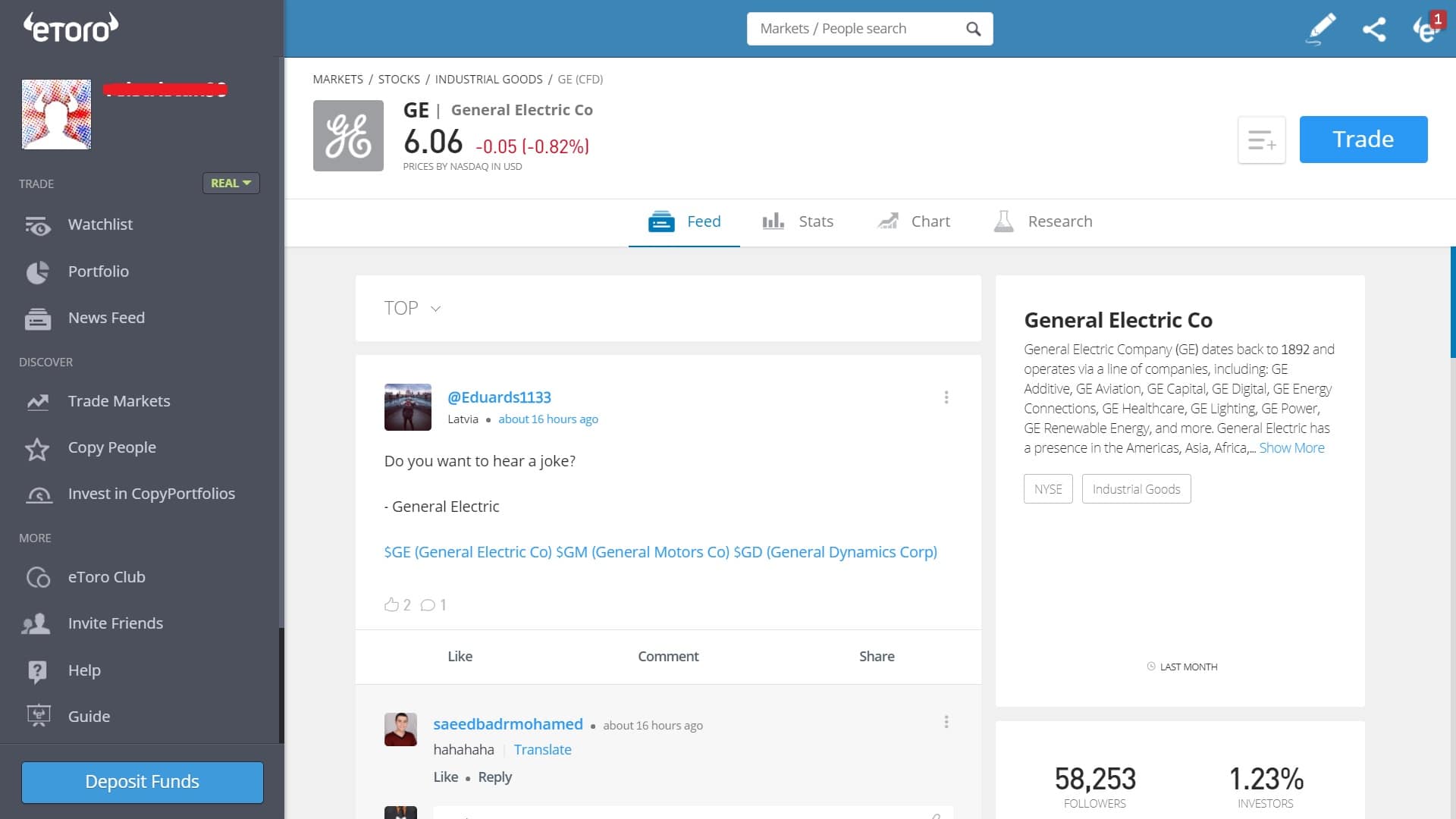

Finance
Japan ETF Definition
Published: December 14, 2023
Discover the definition of Japan ETF in the world of finance. Learn more about this investment opportunity and how it can enhance your portfolio.
(Many of the links in this article redirect to a specific reviewed product. Your purchase of these products through affiliate links helps to generate commission for LiveWell, at no extra cost. Learn more)
Understanding Japan ETF: A Guide to Investing in the Land of the Rising Sun
When it comes to diversifying your investment portfolio, exchange-traded funds (ETFs) are an excellent option to consider. Within the realm of finance, one category that has gained significant popularity is Japan ETFs. If you’re interested in exploring the potential of investing in the Japanese market, this blog post has got you covered!
Key Takeaways:
- Japan ETFs allow investors to gain exposure to the Japanese stock market without the need to purchase individual stocks.
- They provide a convenient way to diversify a portfolio and tap into the growth potential of Japan’s economy.
What is a Japan ETF?
A Japan ETF is a type of investment fund that tracks the performance of a specific index, such as the Nikkei 225 or TOPIX, which represents the Japanese stock market. By investing in a Japan ETF, investors can gain exposure to a basket of Japanese stocks, providing diversification and reducing the risk associated with investing in individual stocks.
Why Invest in Japan ETFs?
- Growth Potential: Japan is the world’s third-largest economy and is well-known for its innovative technology, strong manufacturing sector, and global brands. Investing in Japan ETFs gives investors the opportunity to capitalize on the growth potential of these industries.
- Diversification: Adding Japan ETFs to your investment portfolio allows you to diversify geographically, reducing the risk associated with relying heavily on a single market. It can also help offset losses in other sectors or countries.
- Low Cost: Japan ETFs often have lower expense ratios compared to mutual funds, making them a cost-effective option for investors.
- Liquidity: Japan ETFs can be easily bought and sold on major stock exchanges, providing investors with liquidity and flexibility.
How to Invest in Japan ETFs
Here are the steps to invest in Japan ETFs:
- Open an account with a reputable online brokerage that offers access to international markets.
- Do thorough research and select the Japan ETF that aligns with your investment goals and risk tolerance.
- Place an order to buy the Japan ETF through your brokerage platform.
- Monitor your investment regularly and consider consulting with a financial advisor for personalized advice.
Factors to Consider When Choosing a Japan ETF
Before diving into the Japanese market through ETFs, it’s essential to consider a few factors:
- Expense Ratio: Look for ETFs with low expense ratios to keep your investment costs to a minimum.
- Track Record: Research the historical performance of the ETF and its tracking accuracy to ensure it aligns with your investment objectives.
- Assets Under Management (AUM): Higher AUM generally signifies greater investor confidence in the ETF.
- Index Composition: Understand the index the ETF is tracking and the composition of its holdings to evaluate if it suits your investment strategy.
Final Thoughts
Investing in Japan ETFs offers a range of benefits, including access to Japan’s vibrant market and the opportunity to diversify your investment portfolio. However, like any investment, conduct thorough research and consider consulting with a financial advisor to make informed decisions that align with your financial goals and risk appetite. With careful planning and diligence, Japan ETFs can be a valuable addition to your investment strategy.














